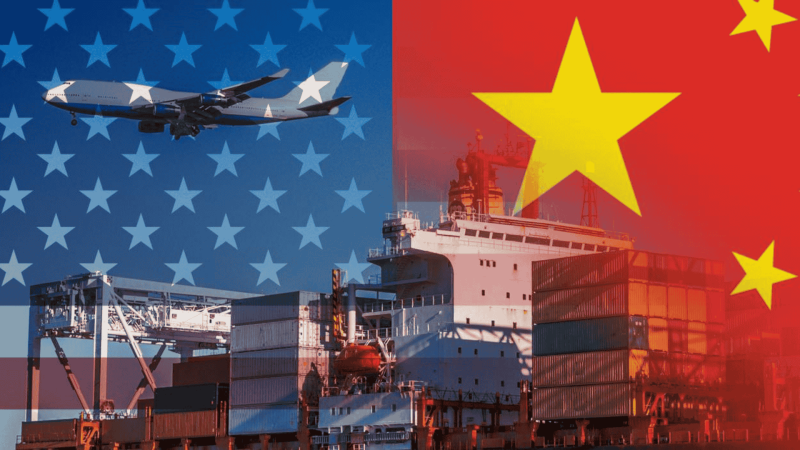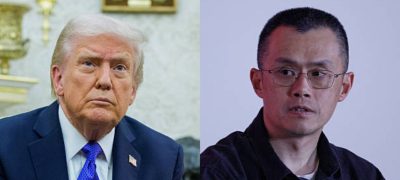In Beijing’s view, the ongoing U.S.-China trade war is not a battle between two economic giants, but rather a story of unfair aggression. China presents itself as a rising power defending global stability, while the United States is portrayed as the aggressor using tariffs and technology restrictions to suppress competition.
According to Chinese state media, Washington’s policies are seen as attempts to slow down China’s growth and undermine its technological advancement. Beijing argues that it has consistently supported free trade and global cooperation, accusing the U.S. of disrupting international markets through protectionist measures.
Officials in China have repeatedly framed the U.S.-China trade war as harmful not just to both nations but also to the global economy. They claim that American tariffs and export bans on Chinese companies—particularly in the technology sector—violate the principles of fair competition.
Chinese analysts emphasize that the country’s policies are focused on maintaining stability and innovation rather than confrontation. They argue that the U.S. is using economic pressure to maintain its dominance in key industries such as semiconductors and artificial intelligence.
Meanwhile, Washington defends its actions as necessary to protect national security and intellectual property rights. U.S. officials insist that China engages in unfair trade practices, including forced technology transfers and state-backed subsidies that distort global markets.
The tension between the two nations continues to affect global trade, investment flows, and supply chains. Economists warn that prolonged disputes could slow economic recovery and increase inflation worldwide.
Despite these challenges, both sides have expressed interest in keeping diplomatic channels open. However, experts believe that the U.S.-China trade war is likely to remain a defining feature of international relations for years to come.
In other news read more about: China Warns Nations Against Aligning With US on Trade Amid Tariff Escalation







